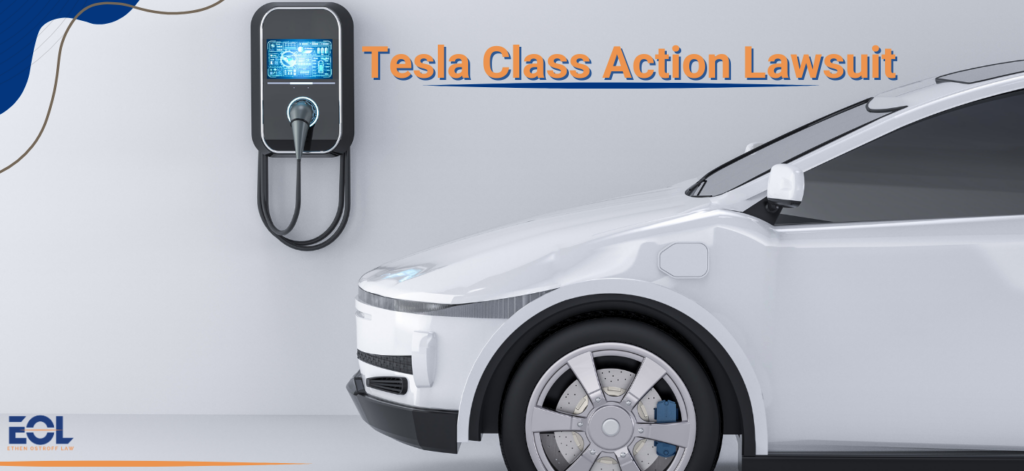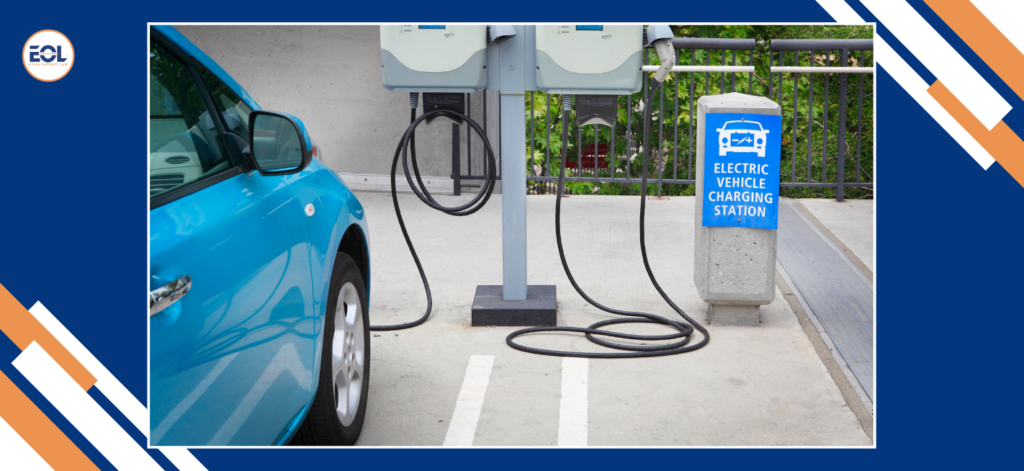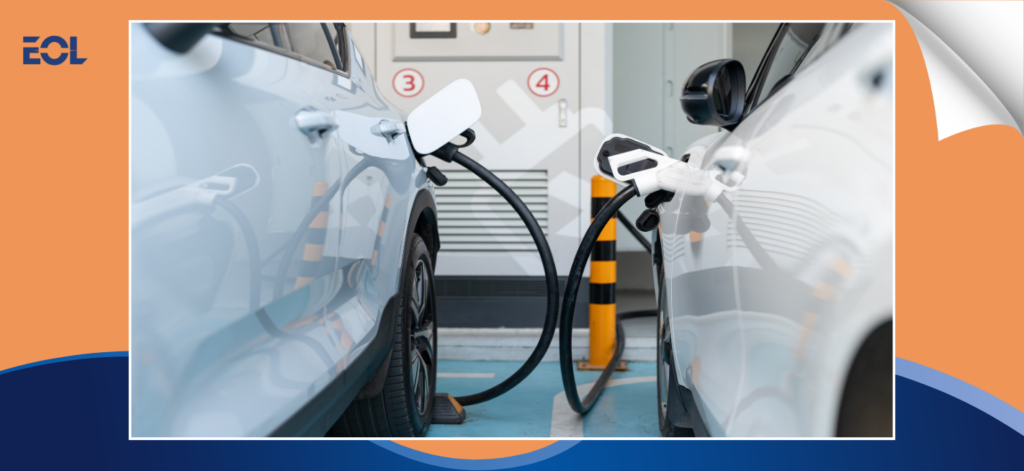Tesla Class Action Lawsuit Over Range Inflation
The advent of electric vehicles (EVs) has ushered in a new era of automotive innovation. With its sleek designs, cutting-edge technology, and commitment to sustainability, Tesla has transformed the transportation landscape. However, amidst the excitement surrounding these electric marvels, concerns have emerged regarding the accuracy of the claimed ranges. This discrepancy has led to a class action lawsuit against the company for range inflation. Ethen Ostroff Law recognizes the complexities involved in seeking justice in cases like these. So, we explore the intricacies of the Tesla class action lawsuit over range inflation, discuss its implications for consumers, and outline how our legal team advocates for individuals affected by corporate negligence or misconduct.
Tesla's Innovation and the Rise of EVs
Tesla has truly led the way in the EV revolution. Under the guidance of CEO Elon Musk, the company has rolled out a range of EVs that blend cutting-edge technology with sleek design and sustainable energy solutions. From the groundbreaking Model S to the more budget-friendly Model 3, Tesla has caught the attention of consumers worldwide, completely changing how we think about cars.
One of the standout features of Tesla vehicles is their claimed range on a single charge. The impressive numbers have given people a lot of confidence in the practicality of EVs as a real alternative to traditional gas-powered cars. However, there have been some concerns raised about whether these claimed ranges are accurate. This has led to some owners saying that Tesla might be stretching the truth a bit.
The Issue of Range Inflation and Its Real-life Impact
Range inflation occurs when a vehicle’s ability to travel on a single charge is exaggerated. With Tesla, some drivers have noticed differences between the claimed range and what they actually experience on the road. This gap has significant consequences for drivers, affecting their ability to plan trips, manage charging times, and trust the information provided by the manufacturer.
For people who depend on their vehicles for daily commutes or long journeys, inaccurate range estimates can cause inconvenience, frustration, and even safety worries. It also prompts questions about honesty and responsibility in the automotive industry, especially for companies like Tesla, known for their innovation and dependability.

The Reuters Investigation Into Tesla Driving Range Claims
In a Reuters article dated July 27, 2023, it was revealed that Tesla manipulated the dashboard readouts in its electric cars to display overly optimistic projections of the vehicles’ driving range. The company designed algorithms for its range meter to show drivers exaggerated estimates of how far they could travel. Interestingly, once the battery dropped below 50% of its maximum charge, the algorithm would then display more realistic projections for the remaining range. Additionally, Tesla reportedly established a clandestine team to suppress numerous driving range complaints from consumers. Although the study did not disclose the tested brands, it highlighted that three Tesla models performed the worst, failing to meet their expected driving ranges. Furthermore, between 2022 and 2023, Recurrent, a Seattle-based EV analytics company, tested over 8,000 Tesla’s and found that the cars’ dashboard range meters did not adjust their estimates to account for hot or cold weather conditions, which can significantly reduce the range. Reuters’ findings suggested that Tesla’s models consistently overestimated their driving capabilities.
Tesla Range Claim
One of the first things we consider when we think about EVs is how far we can go on a single charge. Tesla has always emphasized impressive range estimates as a key selling point. But sometimes, the actual mileage drivers get falls short of these lofty claims.
Tesla’s cars prominently display real-time range estimates, giving drivers a sense of how far they can go on one charge. But behind these estimates is a complicated process. While the Environmental Protection Agency (EPA) has rules for testing and reporting EV range, Tesla’s testing often shows more optimistic numbers than what drivers experience.
A detailed investigation by Reuters found that Tesla tends to give overly optimistic range projections, setting drivers up for disappointment. This exaggeration has raised concerns among both customers and regulators, leading to audits and investigations.
To handle complaints about range discrepancies, Tesla reportedly set up a special team to deal with service appointments and calm unhappy customers. Their tactics, like canceling appointments and avoiding diagnostic tests, were meant to save money while still giving the impression of great range.
But now, agencies like the EPA and authorities in South Korea are taking notice. Recent audits pushed Tesla to adjust their range estimates to be more accurate. Fines from South Korean regulators, along with admissions from company executives, also show how serious the situation is. Finally, studies have shown that some Tesla EVs do not perform as well in real-world driving as they are advertised to. This gap between what’s promised and what’s delivered highlights the need for honesty and accountability in how cars are advertised.
The Tesla Class Action Lawsuit
A group of Tesla owners filed a class action lawsuit against the company on August 2, 2023, in the U.S. District Court for the Northern District of California. They are concerned about Tesla overstating the range of its vehicles in its advertising. The lawsuit claims that Tesla’s ads misled buyers into thinking their EVs could travel farther on a single charge than they actually can.
The plaintiffs, James Porter, Bryan Perez, and Dro Esraeili Estepanian, accuse Tesla of consumer fraud and false advertising. They bought Tesla EVs expecting a certain driving range but found out they were not getting what Tesla promised. Despite their complaints, Tesla said everything was fine. Tesla never told them the advertised range was exaggerated or that it required the vehicle to be fully charged to 100% battery.
The plaintiffs want to represent a larger group: All persons in California who purchased a new Tesla Model 3, Model S, Model Y, and Model X vehicle. They are seeking compensation for the money they spent due to Tesla’s misleading range claims. They also want it to provide accurate and clear information about its vehicles’ range in the future.

Causes of Tesla Range Lawsuit
Below are the ten grounds for legal action outlined in the Tesla class action suit concerning range inflation:
- Breach of Express Warranty: This accuses Tesla of breaking promises it made to customers about the range of its vehicles.
- Breach of Implied Warranty: This claims Tesla didn’t provide vehicles with the range it advertised, going against implied promises of quality and suitability.
- Violations of the Magnuson-Moss Warranty Act: This alleges Tesla didn’t meet its obligations under warranty laws, both written and unwritten.
- Violations of the Song-Beverly Consumer Warranty Act: This says Tesla violated California’s laws protecting consumers who buy products with warranties.
- Fraud: This accuses Tesla of deceitfully lying to customers about how far its vehicles could go on a single charge.
- Negligent Misrepresentation: This says Tesla made false statements about its vehicles’ range, which they should have known were untrue.
- Violations of the California Consumer Legal Remedies Act: This claims Tesla broke California’s laws against unfair and deceptive business practices.
- Violations of the California Unfair Competition Law: This accuses Tesla of cheating in business by falsely advertising the range of its vehicles, giving it an unfair advantage.
- Violations of the California False Advertising Law: This alleges Tesla broke California’s laws against false advertising by spreading lies about its vehicles’ range.
- Unjust Enrichment: This claims Tesla unfairly benefited from customers who bought its vehicles based on false information about their range.
Eligibility for the Tesla Class Action Lawsuit
The specific eligibility criteria for joining the Tesla class action lawsuit over range inflation are not provided. However, here are the general eligibility criteria:
- Tesla ownership: If you bought or leased a Tesla vehicle within a certain time period or in specific locations, you might be eligible.
- Proof of harm: You must have suffered harm by relying on Tesla’s misrepresented range claims.
- Act quickly: There’s typically a deadline for joining, so don’t delay if you meet the criteria.
- Prepare documentation: Be ready to provide evidence of your Tesla purchase or lease, along with any other relevant documents.
- Consider location: The lawsuit may only include Tesla owners from certain areas.
Tesla exaggerated its electric vehicles’ range estimates as a sales tactic. California Tesla buyers affected by this may be eligible to join. The lawsuit exposes how Elon Musk and Tesla manipulated range projections and suppressed customer complaints. It is wise to consult with a lawyer or the lawsuit’s attorneys to ensure you qualify and understand the joining process. Stay updated on the lawsuit’s progress to know your options.
Joining the Tesla Class Action Suit
To join the class action lawsuit against Tesla, follow these steps:
- Check eligibility: Verify if you qualify based on when and where you got your Tesla and if you were affected by Tesla’s actions.
- Contact attorneys: Reach out to the class action lawyers. They will advise you on the next steps and may ask for supporting documents.
- Opt-in or register: You might need to formally join by completing the provided form.
- Provide evidence: Be ready to submit documents like your Tesla purchase or lease agreement.
- Stay updated: Keep informed about the lawsuit’s progress through updates from the attorneys.
- Consider legal advice: Seek guidance from a class action lawyer if you’re unsure about your rights or what to do next.
By following these steps and working with the attorneys, you can take the necessary steps to join the Tesla range lawsuit if you believe you have a valid claim.

Possible Compensation in the Tesla Class Action
Compensation in the Tesla class action over range inflation may include:
- Damages for financial loss: Compensation could cover additional charging expenses or depreciation due to misrepresented range capabilities.
- Injunctive relief: The court may require Tesla to provide accurate range information in the future, preventing consumer deception.
- Legal fees and costs: Reimbursement for expenses related to the lawsuit.
- Punitive damages: In severe cases, punitive damages might be awarded to discourage similar misconduct.
- Refunds or partial refunds: Refunds for the gap between advertised and actual vehicle range.
Compensation specifics will vary based on the lawsuit’s outcome and individual circumstances. It’s crucial for affected parties to seek legal advice for personalized guidance.
Why You Should Choose Ethen Ostroff Law
The Tesla class action lawsuit regarding range inflation underscores the need for transparency in the automotive industry. If you’re experiencing issues related to Tesla’s range inflation or feel misled by their marketing, Ethen Ostroff Law is here to support you. Our team specializes in assisting consumers in complex legal battles against profit-driven corporations like Tesla. Reach out to Ethen Ostroff Law today for a complimentary consultation.


